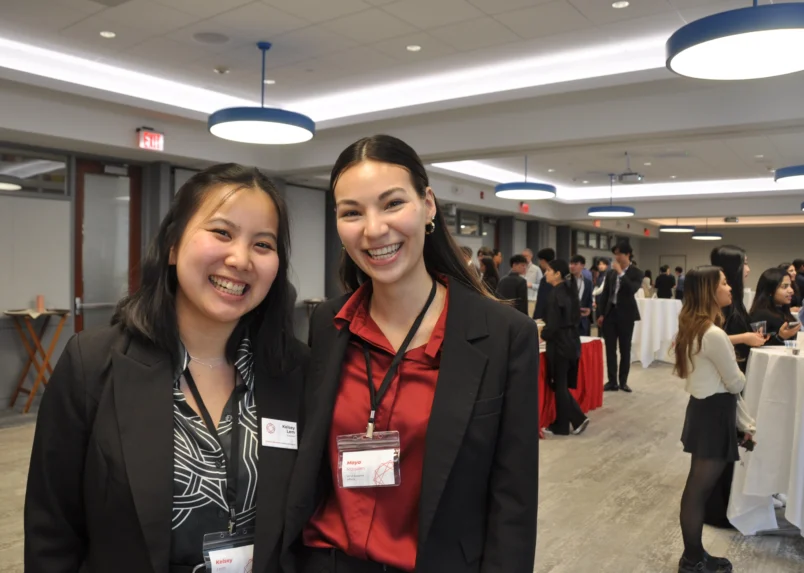The MBA Tour – New York City
Saturday, July 12
11:00 AM
Boston University Consulting Group’s Annual Spring Mixer brought together students, alumni, and industry professionals for an engaging afternoon of networking and insight-sharing.

Our digital hub for relevant, thought-provoking ideas on emerging business topics.